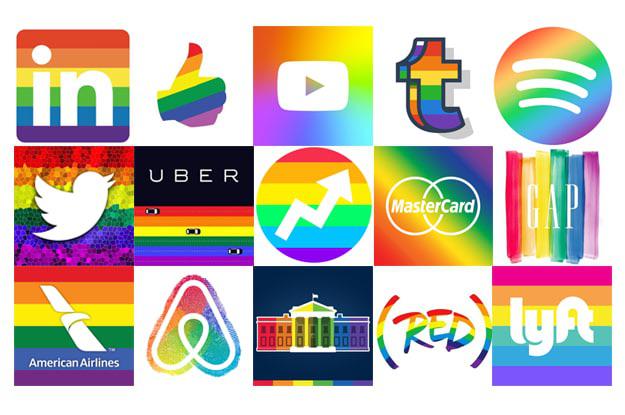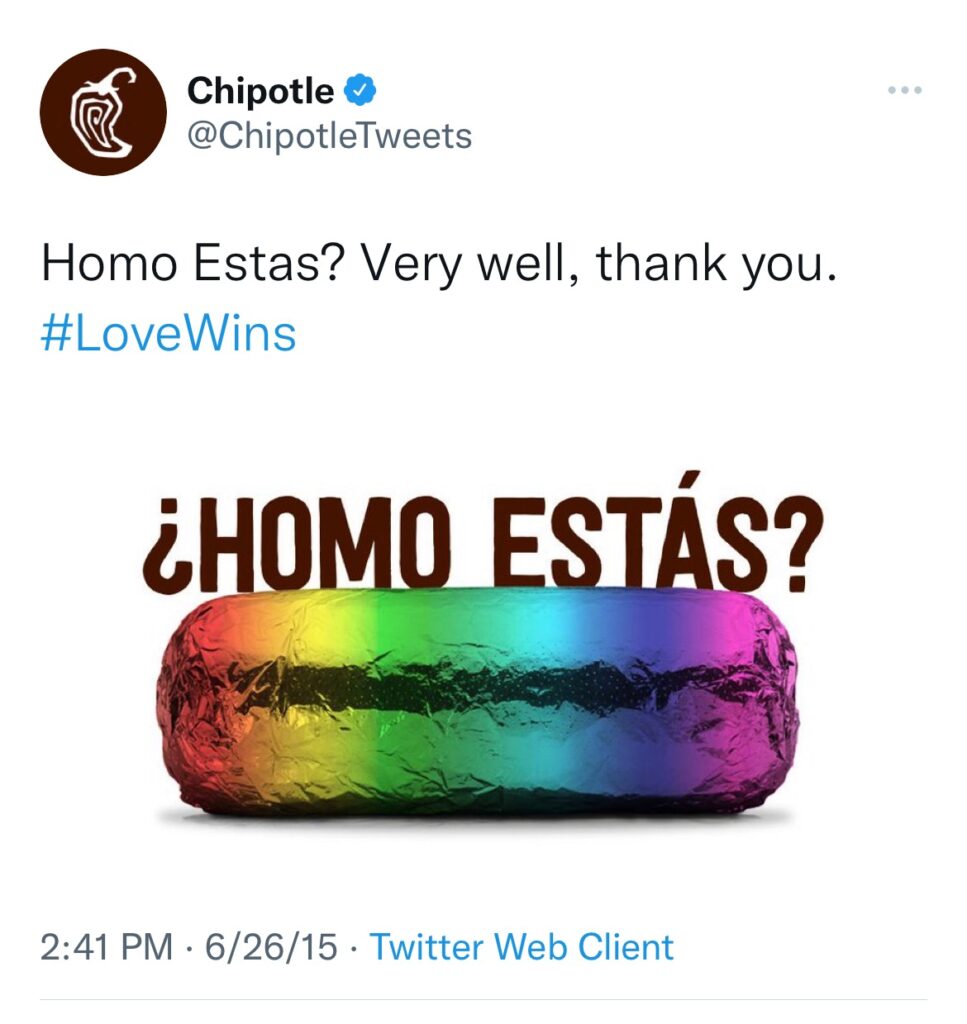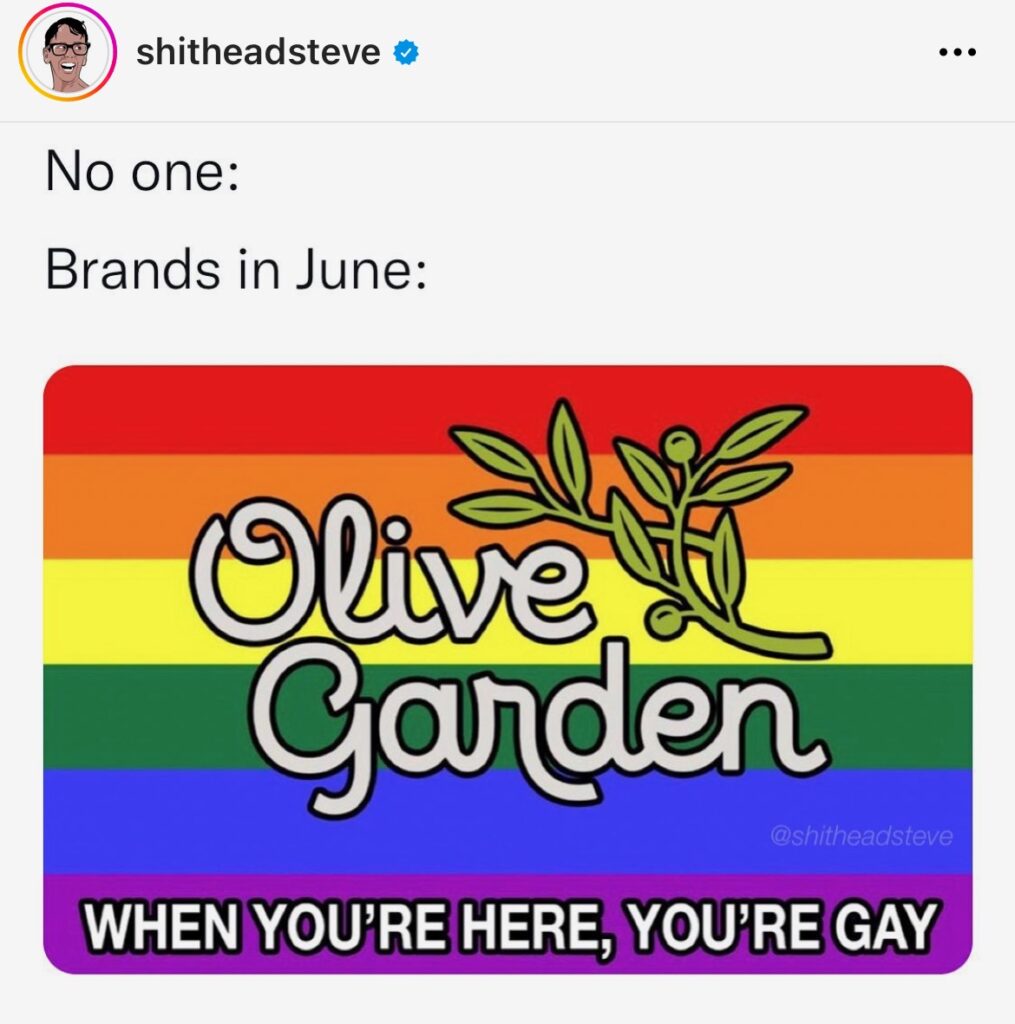Sunday afternoon in New Orleans, the location for the SHRM Annual Conference 2022 and the Expo is open. If you haven’t come to a SHRM Annual Conference the expo hall can be a bit overwhelming. There are 800 or so vendors with booths, most are in the HR Tech space, and some are services, but it’s a lot!
Today in 2022, 99% of those attending SHRM are coming from companies that are struggling to hire more workers. Hourly and salary alike, the funny thing is there are a relatively small number of recruiting technology companies in the expo!
Why?
Well, the recruiting technology vendor community will tell you there are no buyers at the SHRM Annual Conference, so I wanted to see if that was true. I set out to speak with ten expo attendees that were Director title and above and ask them why there were attending the expo, did they have the budget to buy, and if they did, how much was that budget.
Here are the findings:
I was able to easily find ten folks to talk to at those titles. The company size ran from 100 to 100,000. Most were under 1000. 90% were in the expo looking at “what was new in the tech space”, visiting current vendors, looking to replace a current vendor, and one was looking for swag!
The big question was did they have a budget they controlled to buy and if so, how much? Here are some of the people I found at the expo –
Mary, HR Director from Illinois, of a 250-person marketing firm. She had $15,000 to spend and was looking for some technology to help with engagement and connection for remote and hybrid workers. Also, anything that could help in recruiting.
Mark, VP of HR from Denver, 2500 person medical manufacturing company. $50,000 of budget he had discretion over to buy technology. Needed help with getting more hourly workers and retaining hourly workers.
Yolanda, Director level from California, 500-person warehouse and trucking. She had $5000 she could spend and was looking for something to help with retention.
Barb, CHRO out of Atlanta, Law firm, 300 total employees, $25,000, but maybe more depending on what she found. She needed some compensation help and sourcing help for her recruiter.
Robert, Director out of Dallas, 5,000 person electronics manufacturing company. $10-25,000 and he was looking for something like internal mobility but sounded more like just internal job board help.
The one enterprise buyer I spoke with wouldn’t give me a number and realistically, she told me, anything major would have to go to RFP, but she was here looking at everything, especially things that she could add onto their SAP stack.
Across the board, everyone I spoke to was in the market at different levels and many mentioned while they might be able to make this decision on their own, this was the “just shopping” phase to see what is out there. They would take back ideas and findings to their team and decide who to demo.
So, I followed up with many with the question, “What about all those that aren’t here?” The resounding answer was, “Everyone is here, or if they’re not, we probably wouldn’t be interested” assuming those were only small players. There was an assumption all the major players in the HR Tech space were there, which we know is far from true, but it was an interesting finding!
The HR and Recruiting Tech space assumes SHRM only has SMB buyers so why come, and if I’m honest, there are a lot of those types at SHRM, probably 65% or so are in the SMB space. But, it doesn’t mean SMBs don’t have money to spend.
So many of the best-of-breed recruiting technology companies are not in attendance and I know for a fact their average deal size is under $20,000. Seems like a massive missed opportunity as these buyers were looking at a lot of lower-end techs and believing it is the next greatest thing!
It seems like with most HR Technology buys, outside of enterprise system buys, the add-on market is about being seen, being found, and delivering to an audience that needs you, but they don’t know they need you until they see you. With thousands of HR pros and leaders all in one location, it leaves me scratching my head on why these vendors don’t make the investment to come.
Are there buyers of HR Technology at the SHRM Annual Conference? The simple answer is, Yes!



